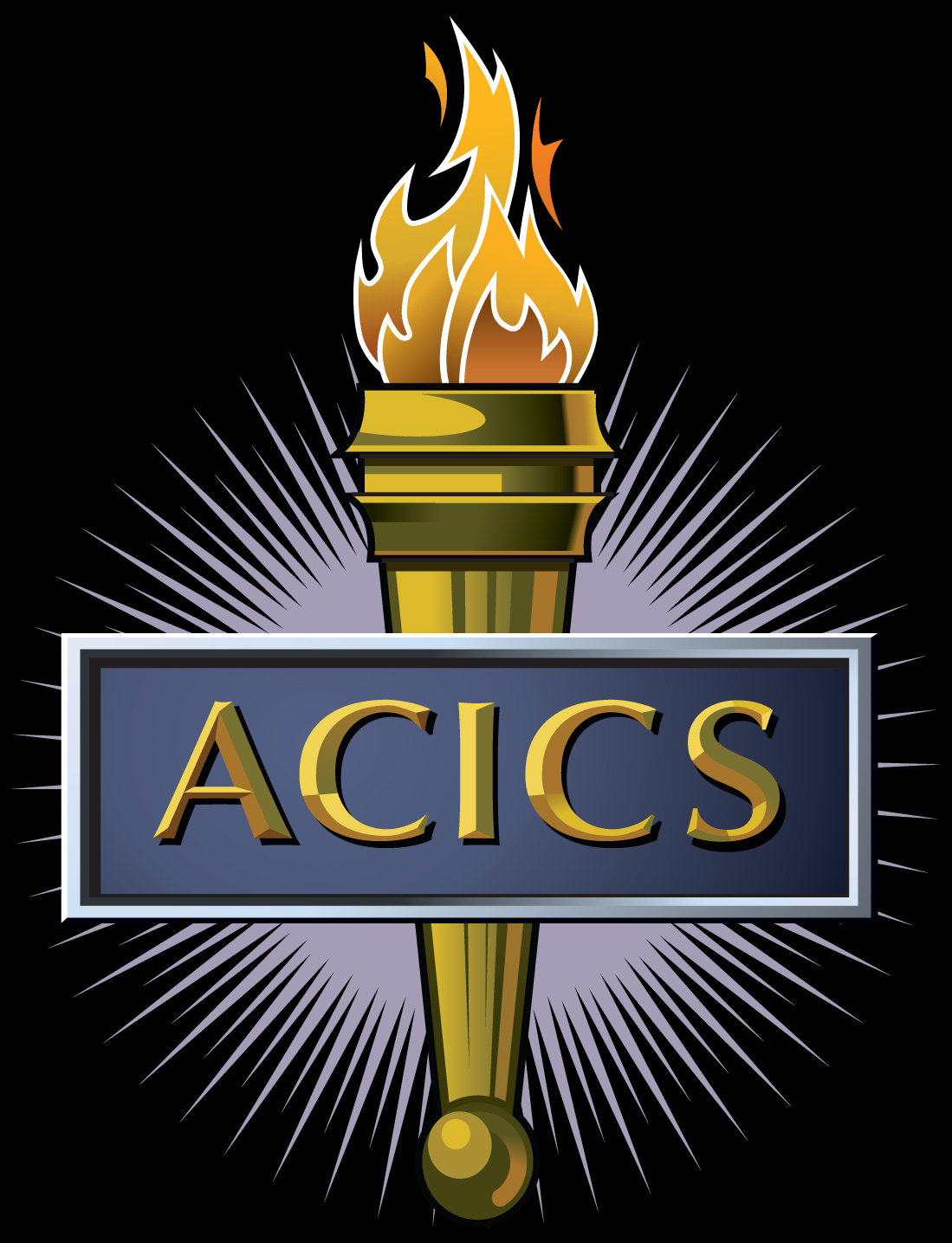Understanding ACICS: Accreditation And Its Impact On Higher Education
ACICS, or the Accrediting Council for Independent Colleges and Schools, plays a significant role in the landscape of higher education in the United States. This organization is responsible for accrediting various post-secondary educational institutions, ensuring that they meet certain academic standards. With the increasing scrutiny of educational quality and institutional accountability, understanding ACICS and its implications is essential for students, educators, and policymakers alike. In this article, we will explore the history, purpose, and controversies surrounding ACICS, as well as its impact on students and the broader education system.
The importance of accreditation cannot be overstated. It not only affects the quality of education but also influences federal funding, student loans, and institutional reputation. As such, it is crucial to examine the role of ACICS, particularly in light of its recent challenges and developments. This article will provide an in-depth look at ACICS, including its accreditation process, challenges it has faced, and its current standing in the education sector.
Whether you are a prospective student considering an institution accredited by ACICS, an educator looking to understand the implications of accreditation, or simply someone interested in the state of higher education, this comprehensive guide will provide valuable insights into ACICS and its significance in today's educational landscape.
Table of Contents
- What is ACICS?
- History of ACICS
- The Accreditation Process
- Challenges Faced by ACICS
- Impact on Students
- Current Status of ACICS
- Future of ACICS
- Conclusion
What is ACICS?
ACICS is a national accrediting agency recognized by the U.S. Department of Education. It primarily focuses on accrediting independent colleges and schools that offer vocational and technical education. Established in 1912, ACICS aims to ensure that educational institutions maintain high standards of quality and effectiveness in their academic programs.
Key Functions of ACICS
- Evaluating institutions for quality and compliance with educational standards.
- Providing guidance and support to accredited institutions to improve their educational offerings.
- Ensuring that institutions are held accountable for their performance and outcomes.
History of ACICS
The history of ACICS is marked by its evolution and adaptation to the changing landscape of higher education. Initially founded as the National Association of Trade and Technical Schools, it rebranded as ACICS in 1988. Over the years, ACICS has expanded its reach, accrediting a diverse range of institutions, from small trade schools to larger colleges offering associate and bachelor's degrees.
However, ACICS has faced significant challenges, particularly in recent years. Issues related to the quality of education provided by some accredited institutions have raised concerns among policymakers and the public.
The Accreditation Process
The accreditation process conducted by ACICS is rigorous and comprehensive. Institutions seeking accreditation must undergo a thorough evaluation that includes self-assessment, peer review, and site visits. The process typically involves the following steps:
- Self-Study: Institutions conduct an internal review of their programs, faculty, and resources.
- Application Submission: Institutions submit an application for accreditation along with documentation supporting their compliance with ACICS standards.
- Peer Review: A team of peer evaluators visits the institution to assess its operations and programs.
- Decision: ACICS makes a decision based on the findings of the peer review team, granting or denying accreditation.
Challenges Faced by ACICS
ACICS has encountered numerous challenges that have brought its accreditation practices under scrutiny. Most notably, the agency faced a series of investigations and criticisms regarding its oversight of institutions that allegedly provided subpar education and misled students. In 2016, the U.S. Department of Education announced its intention to terminate recognition of ACICS, citing concerns about the agency's effectiveness in ensuring educational quality.
Recent Developments
In response to these challenges, ACICS has implemented reforms aimed at improving its accreditation process and addressing concerns raised by regulatory bodies. This has included enhancing transparency, increasing accountability, and improving support for institutions to meet accreditation standards.
Impact on Students
The impact of ACICS accreditation on students is profound. Accreditation affects students' eligibility for federal financial aid, as only students attending accredited institutions can access federal loans and grants. Additionally, the quality of education and the value of degrees earned at accredited institutions are closely tied to ACICS's oversight.
Considerations for Prospective Students
- Research the institution’s accreditation status and history.
- Evaluate the quality of programs offered and their alignment with career goals.
- Consider the institution's reputation and outcomes for graduates.
Current Status of ACICS
As of now, ACICS remains a recognized accrediting agency, but its future is uncertain. The organization has made strides to address past criticisms and improve its practices. However, ongoing scrutiny from the U.S. Department of Education and other stakeholders continues to pose challenges.
Future of ACICS
The future of ACICS will largely depend on its ability to adapt to the evolving landscape of higher education. As the demand for transparency and accountability in education increases, ACICS must demonstrate its commitment to maintaining high standards and supporting institutions in providing quality education.
Conclusion
In conclusion, ACICS plays a crucial role in the accreditation of independent colleges and schools in the United States. While it has faced significant challenges, ongoing reforms aim to enhance its effectiveness and ensure that institutions provide quality education for their students. For prospective students, understanding the implications of ACICS accreditation is essential for making informed decisions about their education and future careers. We encourage readers to stay informed, explore their options, and engage in discussions about the importance of accreditation in higher education.
If you found this article insightful, we invite you to leave your comments below, share it with others, and explore more articles on our site related to education and accreditation.
Thank you for reading, and we hope to see you back for more informative content!
Kelly Brook's Breasts: A Comprehensive Look At Beauty And Body Positivity
Taylor Swift Doll: The Perfect Collectible For Swifties
Ultimate Guide To Tractor Supply Black Friday Sales


